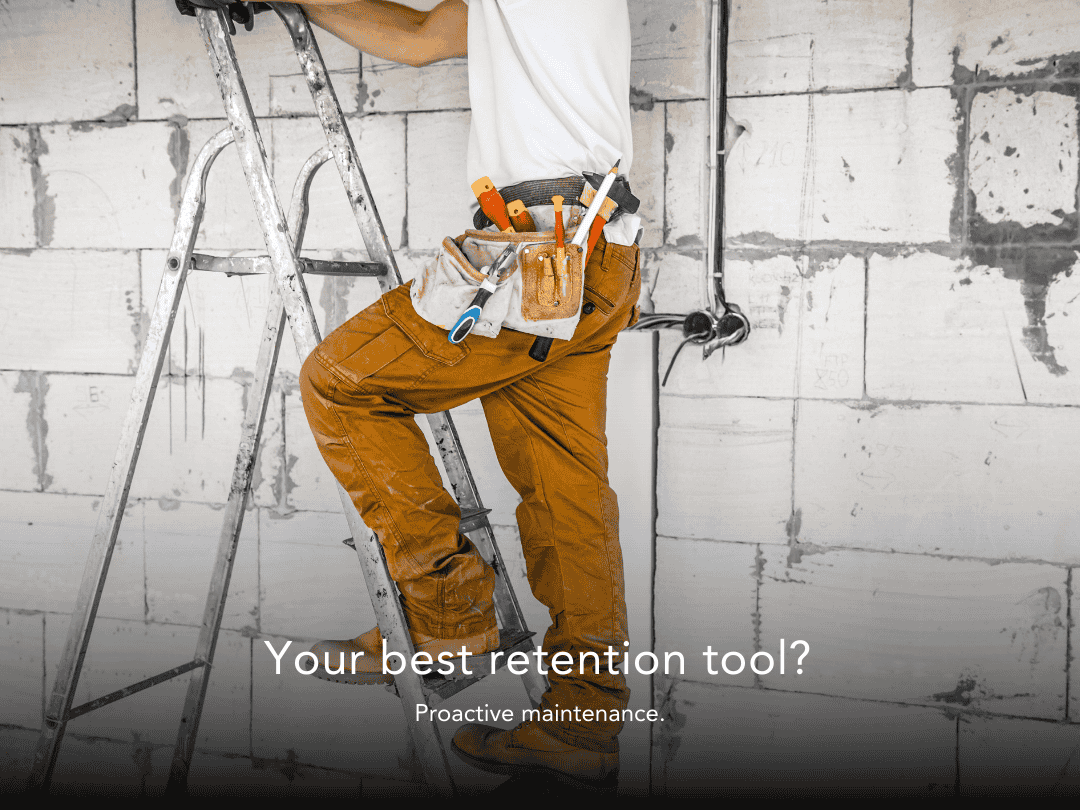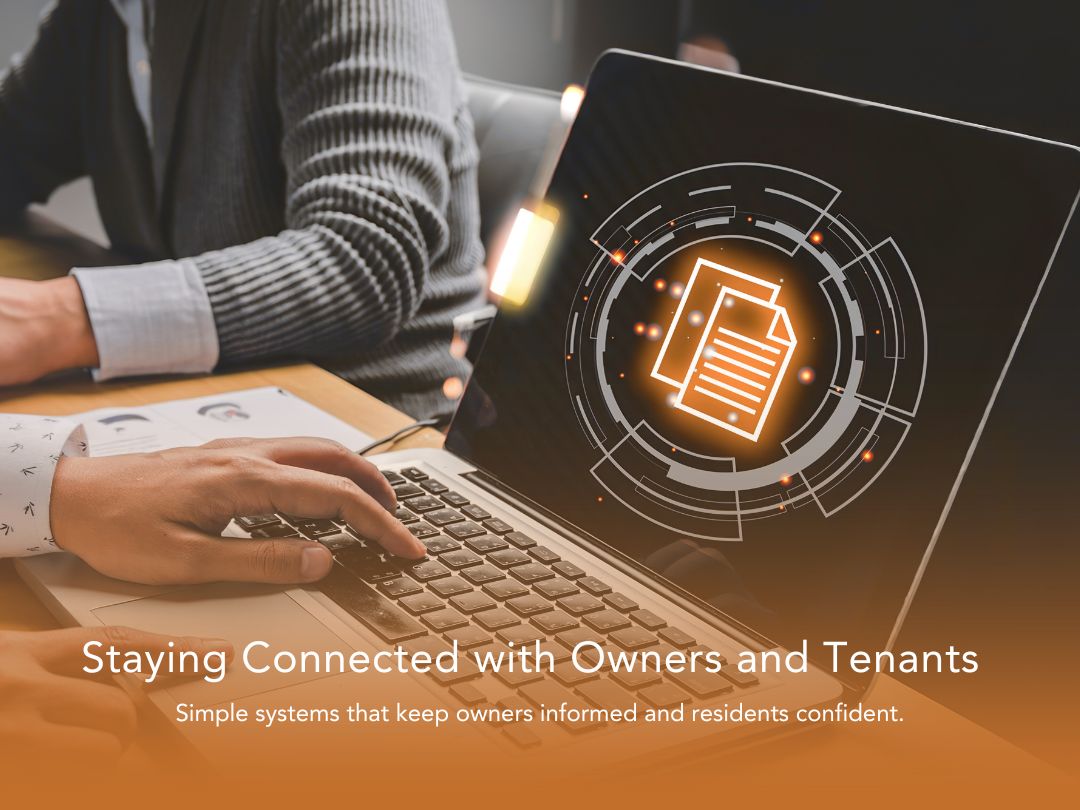Here are some troubleshooting steps to follow if you're having issues with your gas fireplace:
Check that the gas supply valve is turned on. The valve is typically located on the gas line leading to the fireplace.
Verify that the pilot light is lit. The pilot light is a small flame that ignites the gas when the fireplace is turned on. If it's not lit, follow the instructions in the owner's manual to relight it.
Check the thermostat or remote control. Make sure it's set to the "on" or "heat" position and that the temperature is set to a desired level.
Inspect the burner and logs. Make sure they are positioned correctly and that the burner ports are not clogged with debris or dust.
Check the fan. If your gas fireplace has a fan, make sure it's operating properly. If it's not turning on, there may be an issue with the fan switch or motor.
Inspect the venting system. Make sure that the venting system is clear of any debris or obstructions that could prevent proper airflow.
Check for any gas leaks. If you smell gas, turn off the fireplace and contact a professional immediately.
If none of these steps resolves the issue, it may be time to contact a professional technician for assistance. They can diagnose the problem and make any necessary repairs.
Remember, it's important to always follow safety precautions when troubleshooting a gas fireplace. If you have any doubts or concerns, don't hesitate to contact a professional for help.
Technology is part of every aspect that touches our everyday lives. There’s no escaping it; we all have mobile phones and computers and a wide range of electronic devices that are pretty intuitive to what we need and want.
Stop surprise repairs with a simple, seasonal plan. Set clear response times, log fixes, and keep small issues from growing and repair budget steady.
When managing rental properties, efficient property maintenance is key to providing a positive experience for landlords and tenants. Timely and effective repairs not only keep the property in top condition and contribute to tenant satisfaction and retention.
Winter brings a predictable dip in renter activity, but it does not have to sink results. Here is how to navigate the season, sharpen marketing, and use incentives wisely.
Communication is the backbone of property management. Owners want clarity on performance and cash flow. Residents want quick answers and visible progress on requests. The right mix of tools and habits turns communication from a pain point into an advantage.
Busy days calm down when the right tools do the heavy lifting. Here’s how our stack speeds leasing, maintenance, payments, and reporting without adding noise.
Property management is an economic engine in Boise. From steady housing supply to vendor jobs and safer, well-kept neighborhoods, the ripple effects touch residents, owners, and local businesses.
The right software won’t run your business for you, but it will clear roadblocks: rent gets paid on time, work orders stop slipping, and your books match reality. Here’s a straightforward way to evaluate options if you manage rentals in Boise and the Treasure Valley.
Dive into the future of property management in Boise, Idaho, and discover how technology is reshaping the industry. Learn how to leverage the latest trends to future-proof your business, improve tenant satisfaction, and stay ahead of the competition.
A year-round approach to pricing, amenities, maintenance, and communication that reduces vacancy and grows resident satisfaction.
Boise’s seasons change—your playbook can stay simple. Prep the property, plan your leasing moves, and communicate clearly with residents. Use this quick guide to keep cash flow steady from winter to fall.
Learn key factors to consider when choosing a property management company, from reputation and communication to legal compliance and technology integration.













